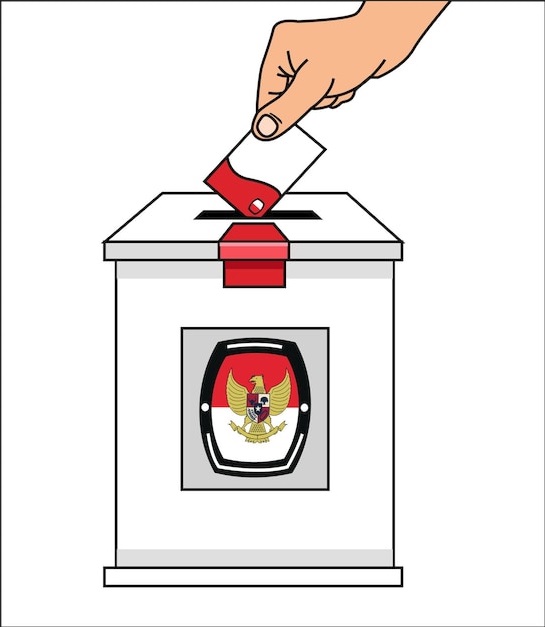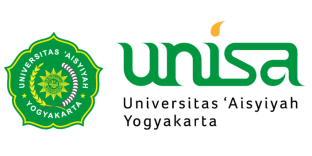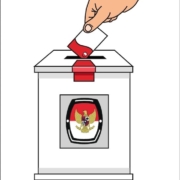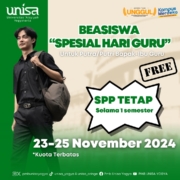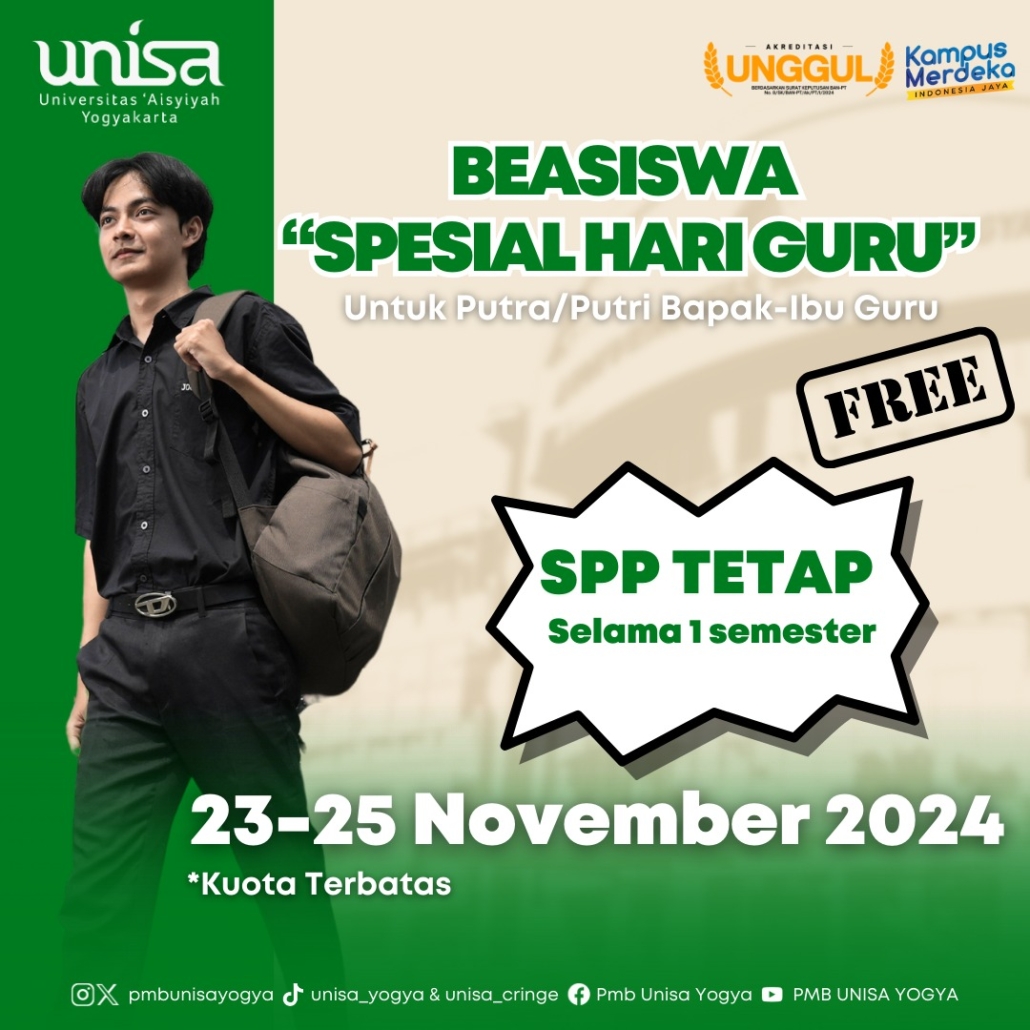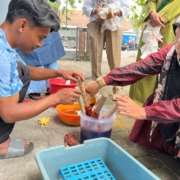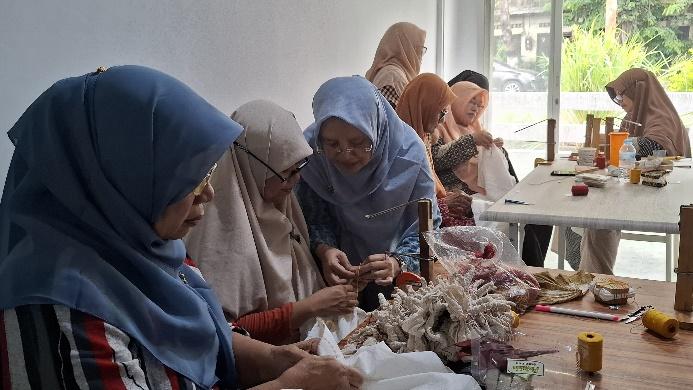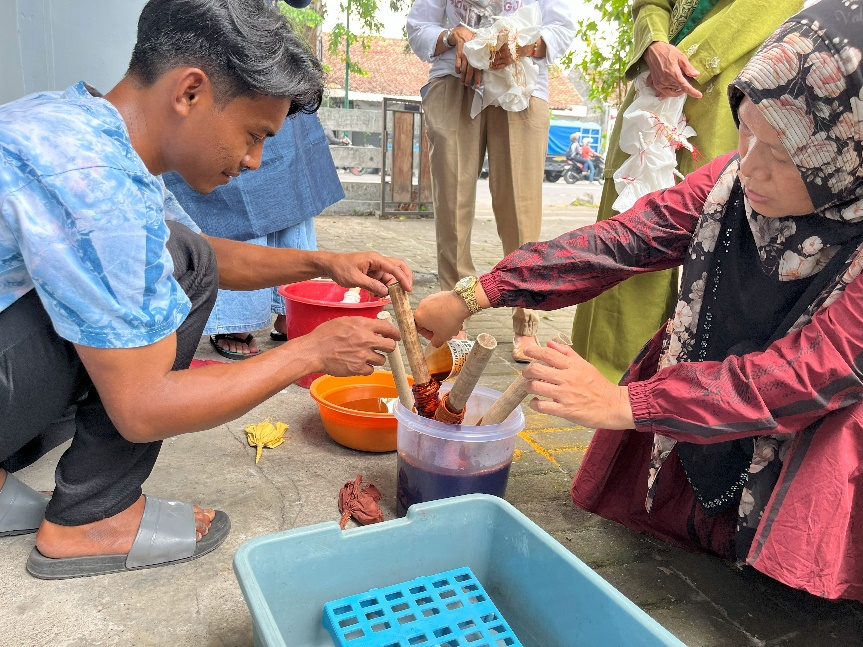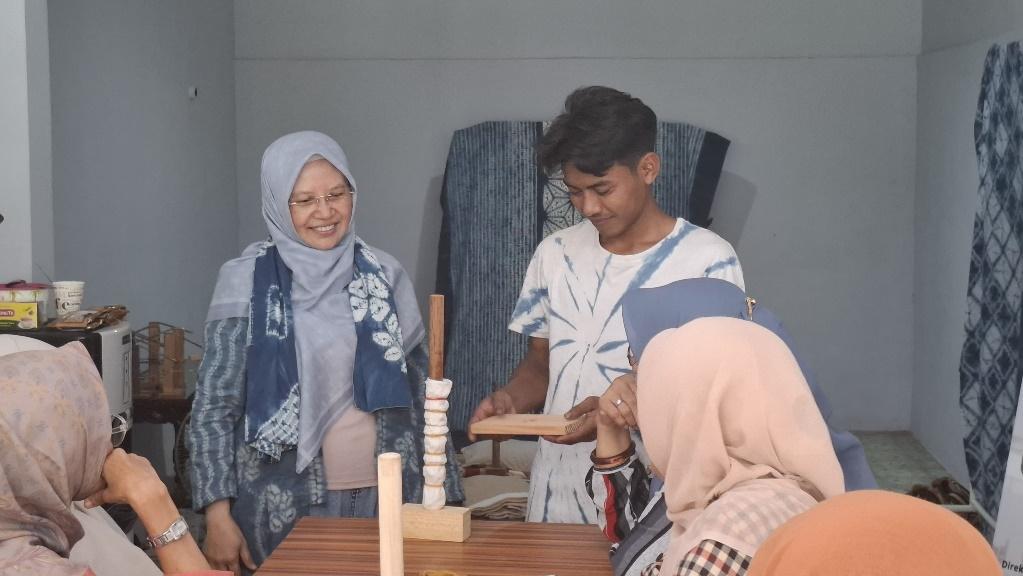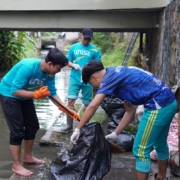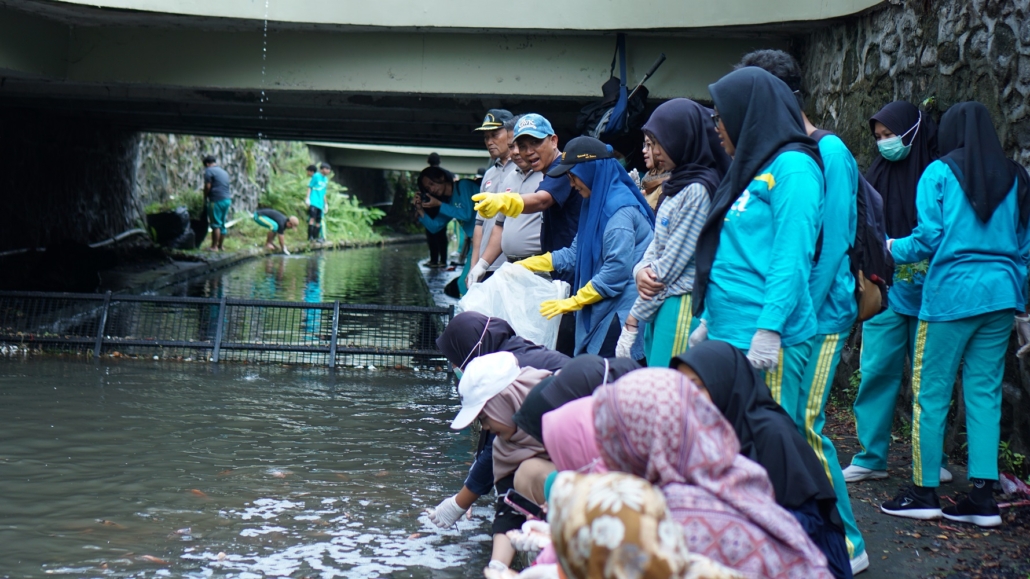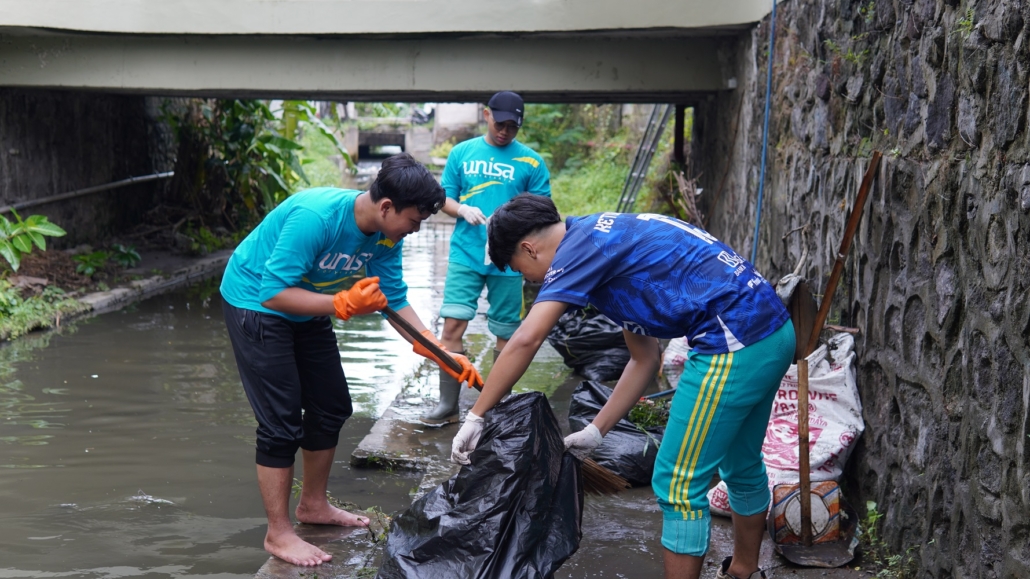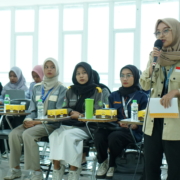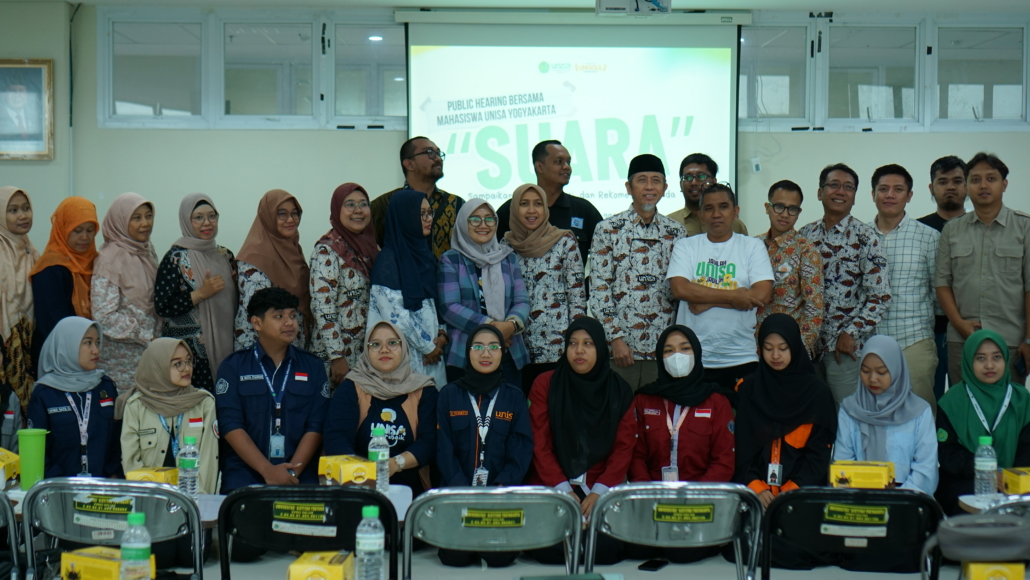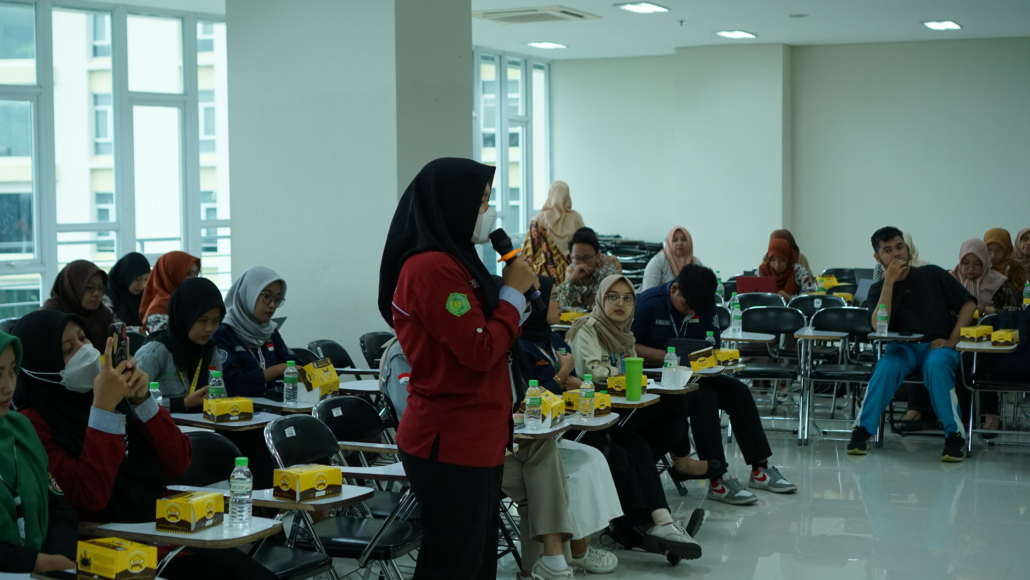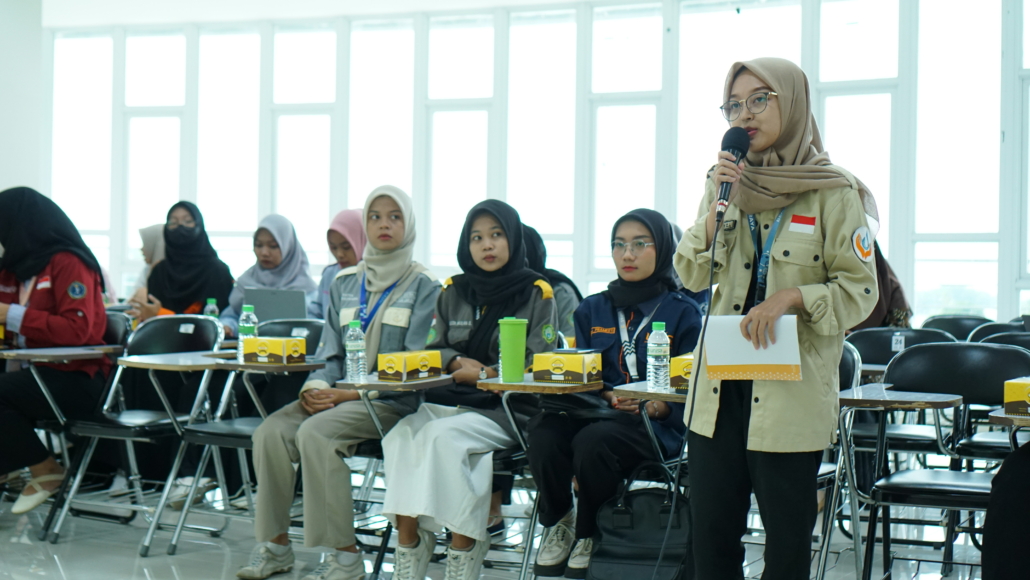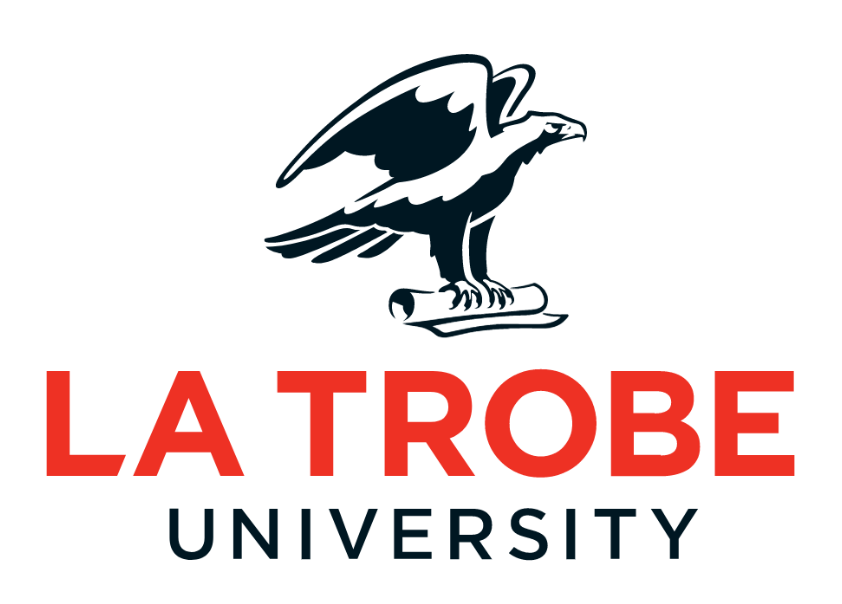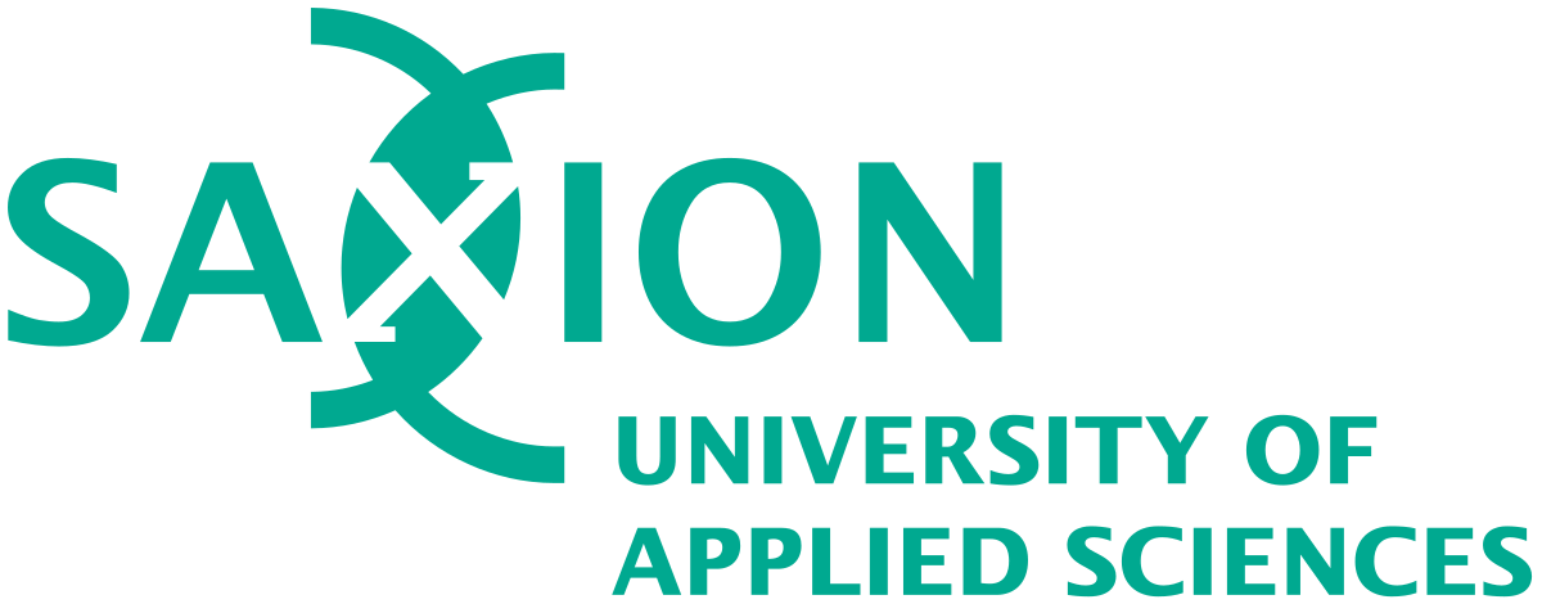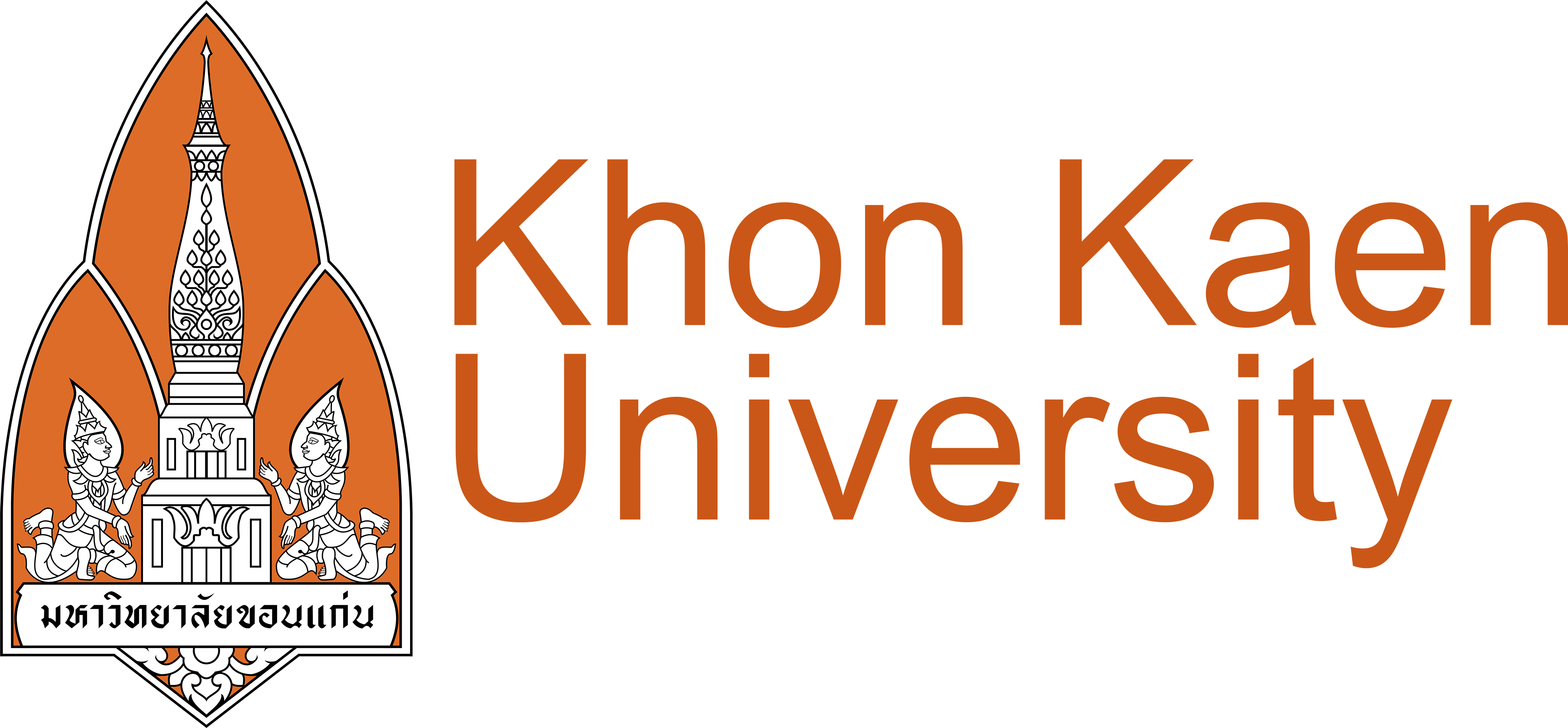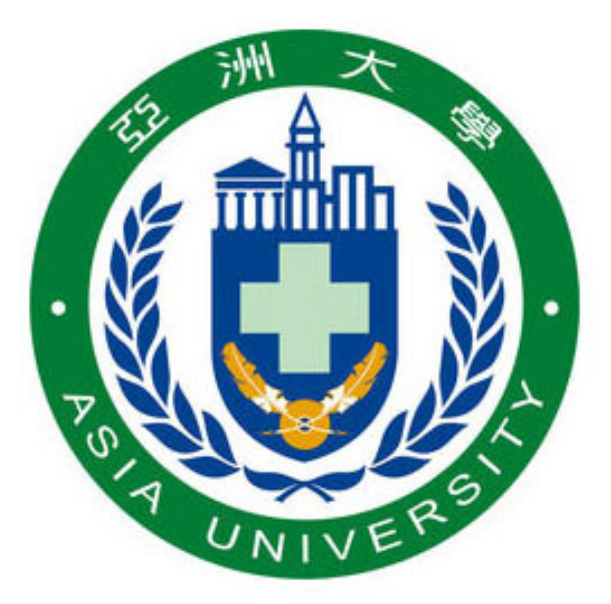November 27, 2024 simultaneously held Regional Head Elections (Pilkada), it is hoped that the implementation of these elections can be more inclusive, namely disability and elderly friendly. People with disabilities who have special needs should be facilitated in accordance with the needs of disabilities, whether sensory, mental, physical, intellectual and other disabilities. Likewise, the elderly who no longer have the ability to visit polling stations should be facilitated by Pilkada organizers, those who have difficulty walking due to stroke, illness or others.
Indonesia is a party to the Convention on the Rights of Persons with Disabilities (CRPD). The convention requires the state to provide equal access for persons with disabilities in various aspects of life, including in elections. The CRPD requires the state to ensure accessibility and full participation of persons with disabilities in the electoral process, in the current context of organizing Pilkada.
Article 27 of the 1945 Constitution states that every citizen has the right to vote and be elected in elections. This shows that the legal basis recognizes the right of citizens to participate in elections freely and fairly, without discrimination. Then Article 28D regulates the equal rights before the law and the right to obtain protection of human rights, which also relates to the principle of inclusiveness in elections.
KPU has regulated the accessibility of voters with disabilities, so that polling stations are equipped with facilities for voters with disabilities, such as ramps for wheelchairs, braille reading aids, and voting that is more accessible to the blind. Then the KPU has also organized Voter Education which includes information that can be accessed by various groups, including voters with disabilities or voters in remote areas.
Law No. 8/2016 on Persons with Disabilities has regulated the rights of persons with disabilities, including in terms of participation in elections. This law supports inclusive elections by ensuring that people with disabilities have equal access to vote and be elected. In the context of elections as well as regional elections, this law requires that elections be held with due regard to the rights of persons with disabilities, including in terms of polling station accessibility, accessible election information, and voting rights.
Challenges and Developments in the 2024 Regional Elections
Although there are various regulations that support inclusive elections, challenges in their implementation remain, including:
- Uneven accessibility: Although there are provisions for access for the disabled, there are still obstacles in providing adequate facilities at all polling stations, especially in remote areas.
- Uneven election education: Election education for vulnerable groups (such as people with disabilities or minority groups) is still limited and not always available in accessible formats.
- Representation of women and vulnerable groups: Although the Election Law provides for women’s representation, there are still major challenges in ensuring the participation of women and other vulnerable groups in politics, both as voters and legislative candidates.
- There are still many elderly people who are at home, unable to go to polling stations, who have not been visited by election officials.
Overall, although Indonesia has a sufficient legal framework to support inclusive elections, further efforts are still needed to ensure that all elements of society can participate equally and without discrimination in elections, both for people with disabilities, the elderly and vulnerable groups.
By: Dr.Islamiyatur Rokhmah, S.Ag., M.S.I- (Lecturer at UNISA Yogyakarta)Tags:aisyiyah, banggamenjadiunisa, beunisa, sambut pilkada, unisayogya
